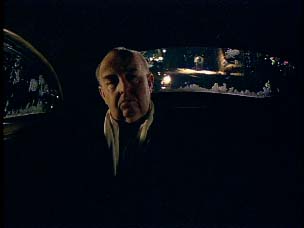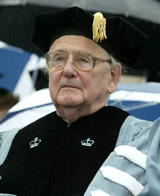An excerpt from Imre Salusinszky’s interview with the late Frank Kermode in Criticism in Society:
IS: Why was Frye, as well as the subsequent theoretical modes that have originated in America and France, rejected by British critics? Why are they so resistant to theoretical criticism?
FK: I think they’ve probably been less resistant than that formulation suggests. There are people like Stephen Heath in Cambridge, for example, who in his own individual way has followed the French line. Culler is not British, but is a product of the British academy. At Cambridge, in my time, there was a great hunger among undergraduates for more of that kind of thing — that’s why Heath’s were enormously popular courses. On the other hand, there was bitter opposition to it. The animus against theory is very strong in English departments in England, especially among the older teachers. Cambridge, of course, is exceptionally hostile to any kind of thought at all, as far as the English faculty is concerned. There’s always this feeling you get among certain sorts of English critics that all this French nonsense is something which you can blow over with one good “huff.” People like George Watson think that, just as they can demolish Marxism in a twenty-page article, they think they can demolish the entire French critical effort with an obvious exercise of common sense. (105)

